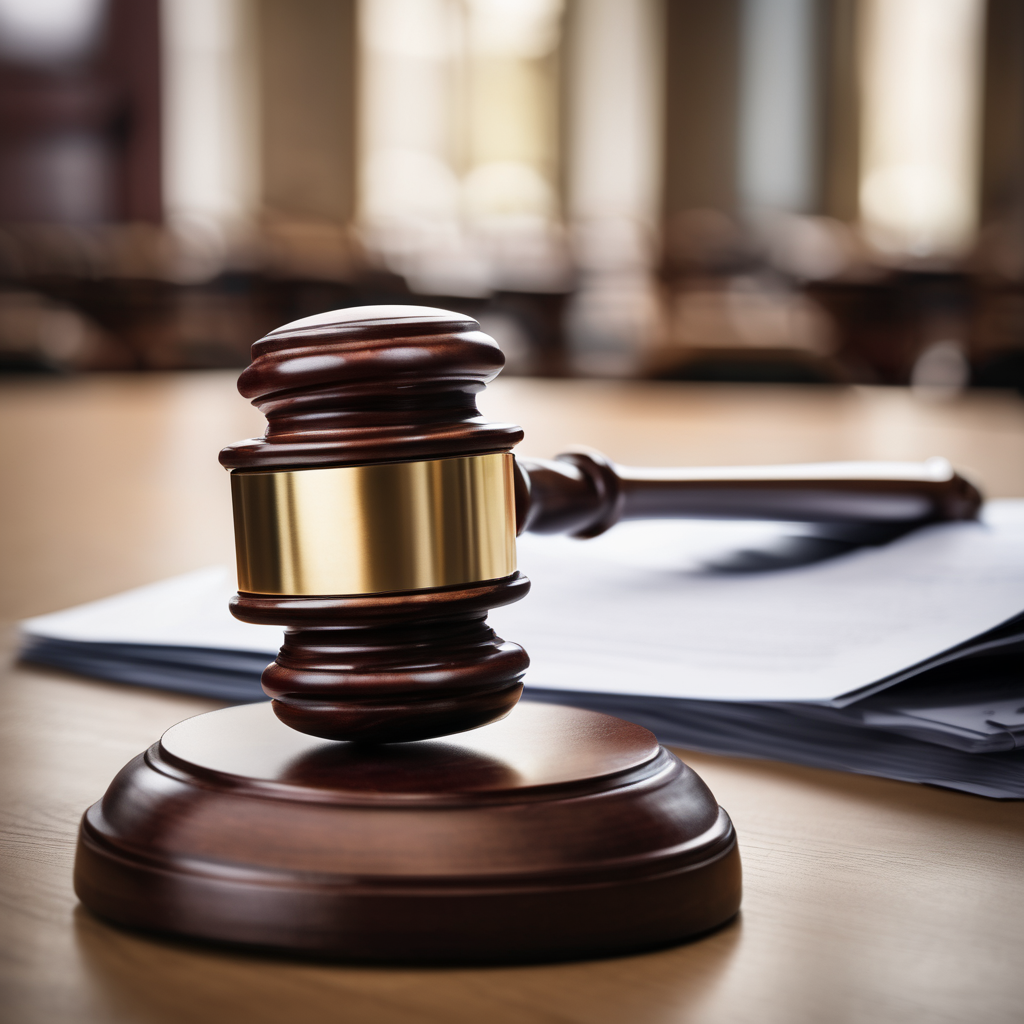The U.S. government has requested that a Manhattan court throw out former President Donald Trump’s criminal conviction related to hush money payments to adult film actress Stormy Daniels, citing improper evidence and a legal theory preempted by federal law. In a filing submitted to a state appeals court, the Department of Justice supported Trump’s assertion of presidential immunity for official acts, arguing that evidence of such acts should not have been considered at trial and can never be viewed as harmless.
The Justice Department’s brief emphasized that federal law should prevent jurors from deliberating on whether Trump violated federal election laws concerning the concealed payment, which could have impacted his 2016 presidential campaign. The department pointed to a significant Supreme Court ruling from July 2024, which supported the immunity of presidents regarding official actions, suggesting that Judge Merchan improperly allowed jurors to hear evidence about Trump’s communications with officials such as Attorney General Jeff Sessions.
Despite the Justice Department’s strong arguments, the Manhattan District Attorney’s office, which secured Trump’s conviction on 34 felony counts of falsifying business records, has not publicly commented on the matter. This ruling came as Trump prepared for a potential return to the White House while facing multiple legal challenges.
In a related development, a federal appeals court has ordered a reassessment of Trump’s request to transfer his conviction to federal court, a move that could expedite his appeals process. Trump’s sentences have also been highlighted, including an unconditional discharge aimed at minimizing disruption as he began his second presidential campaign.
The case centers around a $130,000 payment made to Daniels by Trump’s former attorney, Michael Cohen, to ensure her silence regarding an alleged affair, a claim Trump has consistently denied. The legal intricacies of this case illustrate broader themes of presidential accountability and the rule of law, as the judiciary continues to clarify the boundaries of executive immunity and personal conduct.
As these legal proceedings advance, there remains a strong hope that the outcomes will foster a meaningful discourse on accountability in governance, which is vital for the integrity of democracy. Observers are reminded of the rule that no individual is above the law, and the current atmosphere highlights the importance of judicial processes in maintaining a balanced political landscape.
